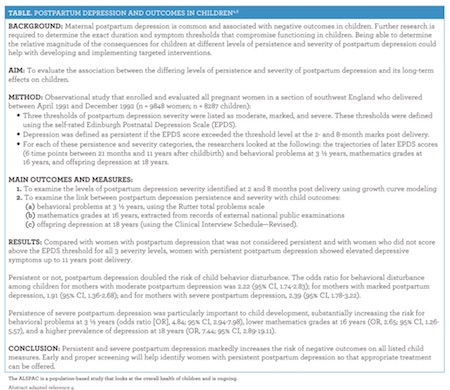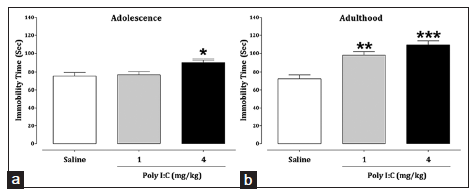
Delayed Postpartum Depression: The Symptoms. Many people think mood disorders, such as postpartum depression, must begin immediately after having your baby. Postnatal depression can affect women in different ways. It can start at any point in the first year after giving birth and may develop suddenly or gradually.
Many women feel a bit down, tearful or anxious in the first week after giving birth. But that’s simply not true. If you have postpartum depression , prompt treatment can help you manage your symptoms and help you bond with your baby.
And for others, depression symptoms only show up upon weaning. The point is that if your baby is months old or months ol it doesn’t mean you can’t have postpartum depression. Hi, just wondering if anyone else has had or is suffering with delayed pnd.

I havent actually seen anyone about it, i guess im scared of being judged. My son is months old and is such a good boy, he eats and sleeps well. He has bad eczema which i often blame myself for because i have it too but mildly. If it’s postpartum depression, there are treatments that will get you back to feeling like yourself again. Your doctor might decide prescribing you antidepressants will help.
It is important to understand that this is a broad term for the wide range of emotions a woman can experience after having a baby. Postpartum mood disorders are normally divided into three subcategories that include “baby blues”, postpartum depression (PPD), and postpartum psychosis (PPP). Find in-depth information on postpartum depression including causes, symptoms, diagnosis, and.

Online Therapy with a Licensed Counselor. Available Anytime, Anywhere You Need It. The Time is Now to Put Yourself First. My husband and i will start trying to concieve in the next few months and i have suffered from varying degrees of depression since my teens and the thought that there could be a strong chance that i could develop post natal depression really frightens me. Everyone’s experience is different.
We know that everyone experiences postnatal anxiety and depression differently. The way it can affect you depends on a range of factors, from your own physical, emotional and mental make up to external factors that might be having an impact. Have had a couple of anxiety attacks as well worst one being tonight - I thought I was having a heart attack and came from no where think it was because I was home alone (even though DD was asleep upstairs) has anyone else experienced similar? Postpartum depression (PPD), also called postnatal depression , is a type of mood disorder associated with childbirth, which can affect both sexes.
Perinatal depression , defined as depression in pregnancy, around childbirth or within the first year post‐partum, is a significant problem in households around the world and often occurs comorbidly with other medical or mental health illnesses (for example, pain conditions or anxiety) affecting all members of the family while too often. After my first baby was born I cried every day for days. When I saw my doctor, he diagnosed me with post-natal depression (PND) and gave me a prescription for anti-depressants.
He didn’t refer me for any counselling because, as he sai “the waiting lists are too long”. Is there such a thing as delayed post natal depression ? It is evident that postnatal depression poses a risk for the mother-infant relationship and infant developmental outcome. The adverse effects of postnatal depression appear to be mediated through its association with maternal cognitions and parenting. We used to only think of depression as happening postpartum and concentrated on postpartum depression (PPD) but research has showed us that many women experience these symptoms during pregnancy too. Postpartum, or postnatal , depression is estimated to affect of women in wealthier countries, and an even higher percentage in countries that are less wealthy.

The term maternal depression encompasses a range of conditions that can affect women during pregnancy and up to one year postpartum. What is Maternal Depression ? This spectrum of conditions includes prenataldepression, the baby blues, postpartumdepressionand postpartum psychosis. Up to half of men whose partners have postpartum depression are depressed themselves. The following assessment will help you determine whether you might have PPND. It is the most widely used assessment for postpartum depression and anxiety.
PND can last for more than a year, but the quicker you seek.
No comments:
Post a Comment
Note: Only a member of this blog may post a comment.